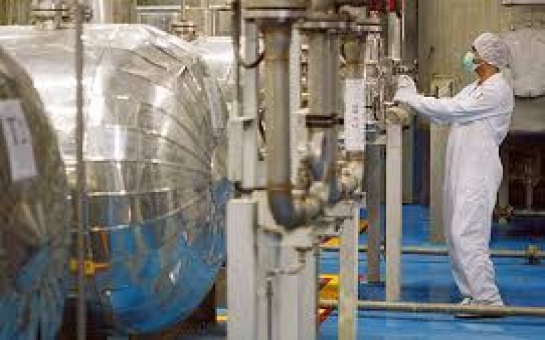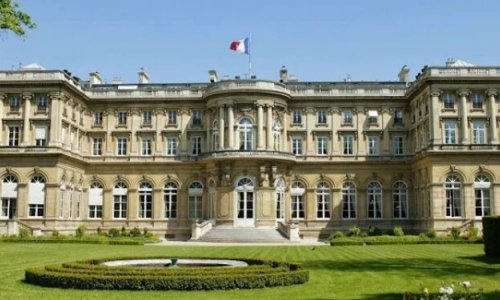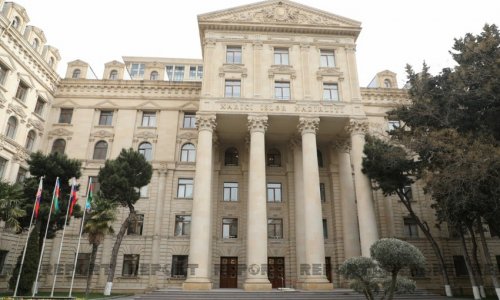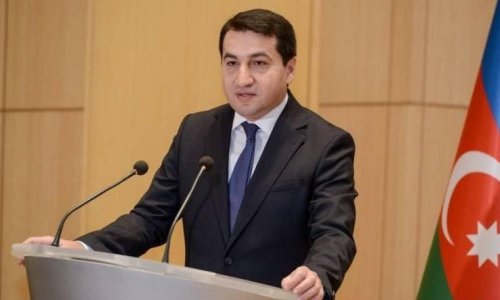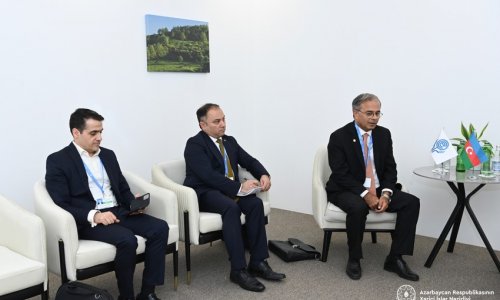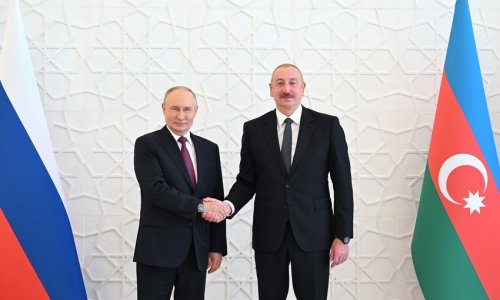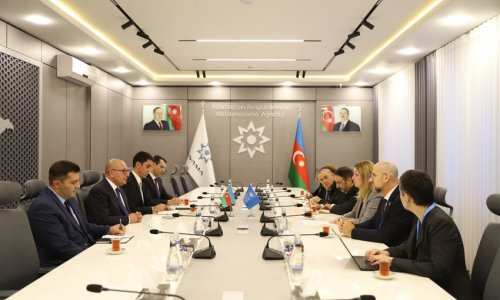The foreign ministers of six major powers are gathering in Geneva to negotiate a nuclear deal with Iran.
The Russian and Iranian envoys, who are already in Geneva, are being joined by their counterparts from the US, the UK, France, China and Germany.
They have joined the conference amid hopes for an agreement which would see Iran curb its uranium enrichment in return for a loosening of sanctions.
Some US lawmakers say they will push for more sanctions if the talks fail.
Iran insists its nuclear programme is for peaceful purposes, but some world powers suspect it is seeking a nuclear weapons capability.
Negotiators have been working since Wednesday to try to find an agreement which is acceptable to Iran and the P5+1 negotiating partners - the US, Russia, China, France, Britain and Germany.
The talks had been scheduled to conclude on Friday, but were extended amid hopes of a possible breakthrough, prompting the P5+1 foreign ministers to announce their attendance in person.
State department spokeswoman Jen Psaki said Mr Kerry would arrive in Geneva early on Saturday, "with the goal of continuing to help narrow the differences and move closer to an agreement".
Mr Kerry's participation in itself does not prove a deal is at hand, but it does show that the talks may have reached a critical stage, says the BBC's James Reynolds in Geneva.
Britain's Foreign Secretary William Hague will also arrive on Saturday, as will his French counterpart, Laurent Fabius.
France has taken a harder line on Iran than other Western powers, encouraging its negotiating partners not to make too many compromises.
German Foreign Minister Guido Westerwelle will also attend, said officials, while China said its foreign minister, Wang Yi, had left for Geneva early on Saturday.
EU foreign policy chief Baroness Catherine Ashton is leading the conference.
On Friday she briefly met Iranian Foreign Minister Mohammed Javad Zarif for a conversation which Iran's official Irna news agency described as "complicated and tough".
ANN.Az

